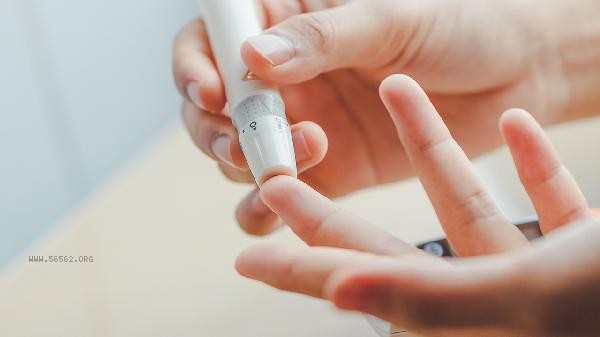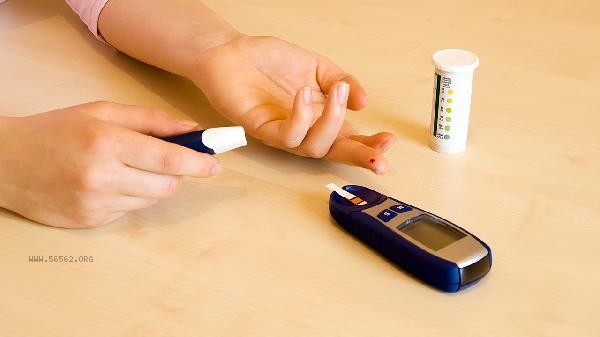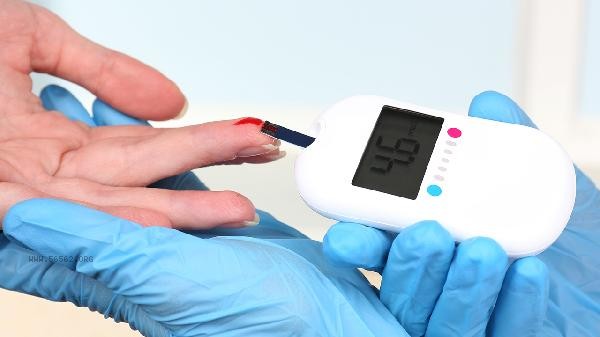The increase of creatinine in diabetes patients is usually caused by diabetes nephropathy, hypertensive kidney damage, drug nephrotoxicity, urinary tract infection or dehydration and other factors. It needs to be intervened by controlling blood glucose and blood pressure, adjusting medication, anti infection treatment and fluid replacement.

1. diabetes nephropathy:
Long term hyperglycemia will lead to the decline of glomerular filtration rate, tubulointerstitial fibrosis, and then lead to the increase of creatinine. This is the most common cause of creatinine elevation in diabetes patients, usually accompanied by microalbuminuria. Treatment requires strict sugar control, using SGLT-2 inhibitors such as dapagliflozin or GLP-1 receptor agonists such as liraglutide to protect kidney function.
2. Hypertensive renal damage:
About 60% of diabetes patients have hypertension. Persistent high pressure will cause renal arteriosclerosis, increase of intraglomerular pressure, and increase of creatinine level. The patient may experience symptoms such as increased nocturia and edema. It is recommended to control blood pressure below 130/80mmHg, with ACEI drugs such as benazepril or ARB drugs such as valsartan being preferred.
3. Drug nephrotoxicity:

Some hypoglycemic drugs such as metformin, contrast agents, nonsteroidal anti-inflammatory drugs, etc. may cause renal tubular damage. The clinical manifestation is a sudden increase in creatinine after medication, which may be accompanied by oliguria. Timely discontinuation of nephrotoxic drugs and hydration therapy if necessary.
4. Urinary tract infection:
diabetes patients with low immunity are prone to secondary urinary system infection. Inflammatory reaction can lead to pyelonephritis, causing transient creatinine increase. Typical symptoms include frequent urination, urgency, lower back pain, and fever. After diagnosis, sensitive antibiotics such as ceftriaxone should be used for 2 weeks of treatment.
5. Dehydration state: When high blood sugar causes osmotic diuresis or diarrhea vomiting leading to fluid loss, insufficient renal perfusion can cause a false increase in creatinine levels. Patients may experience dehydration symptoms such as poor skin elasticity and sunken eye sockets. Rapid improvement can be achieved through oral rehydration or intravenous infusion of physiological saline.
In case of creatinine increase in diabetes patients, the urine volume should be monitored daily, 1500-2000ml of water should be kept daily, and the protein intake should be limited to 0.8g/kg body weight. Avoid strenuous exercise and high potassium foods, and regularly check kidney function indicators. If creatinine levels continue to exceed 265 μ mol/L or severe symptoms such as edema, nausea, and vomiting occur, immediate medical attention should be sought from the nephrology department to assess whether dialysis treatment is necessary. At the same time, pay attention to foot care to prevent infections, and maintain moderate aerobic exercise such as walking and Tai Chi to improve microcirculation.










Comments (0)
Leave a Comment
No comments yet
Be the first to share your thoughts!